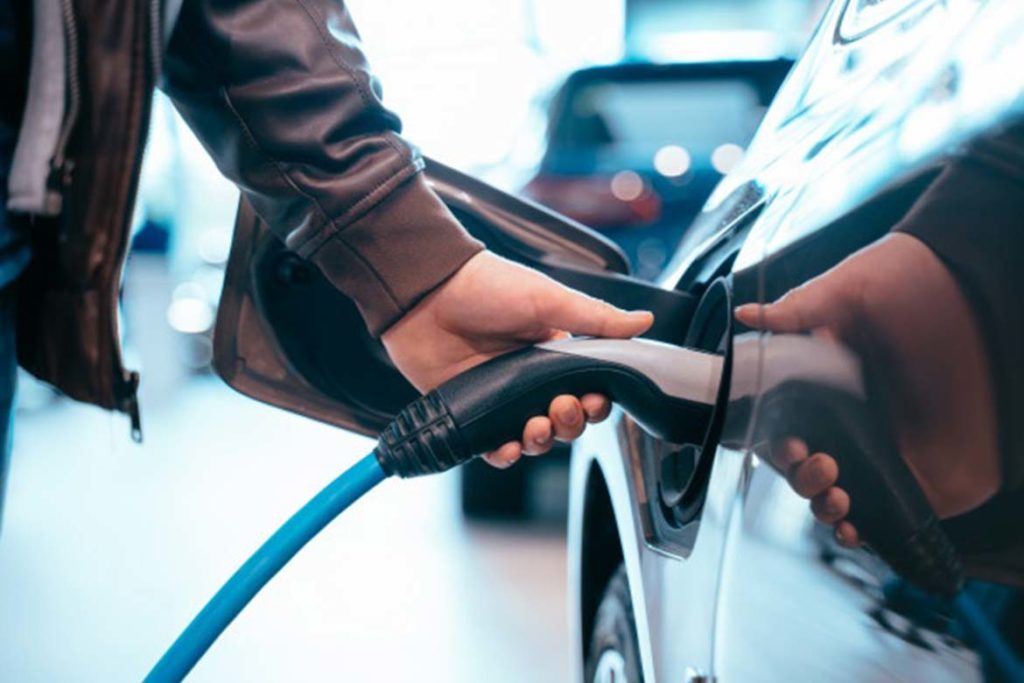Fast charging is one of the most needed solutions for the development of electronic vehicles, but it also has some disadvantages. According to new research, the fast charging system in EV is deteriorating its battery. So, fast charging might not be the sustainable solution for EVs. The EV’s battery will charge quickly if it adopts the technology of charging within a few minutes, but it will be prone to damage quickly. This study has been published in ‘The Electrochemical Society Journal’.
In a recent research from the US Department of Energy’s Argonne National Laboratory, scientists have researched the process of charging and discharging batteries. In this, the damage caused to the battery during fast charging was monitored.
According to the research, Lithium-ion batteries have a positively charged cathode and a negatively charged anode, which are separated by a material called an electrolyte.

Also read: Future Of EVs: On these Roads, Electric Vehicles will be Charged While Moving
Research precepts:
- The anode in these batteries is made of the graphite commonly used in pencils.
- In lithium-ion batteries, graphite is made from small particles.
- The lithium ions inside these particles can engage themselves in a process called intercalation.
- When intercalation occurs properly, the battery charges and discharges properly.
- When a battery is charged too quickly with a fast charger, a process called intercalation occurs, and lithium ions easily collect on the surface of the anode, instead of penetrating the graphite.
- The accumulation of lithium ions on the surface of the anode is called the plating effect.
- Argon battery scientist Daniel Abraham, who conducted the study, said that the plating effect is the reason for the failure of the battery during fast charging. Abraham said that the faster we charge the vehicle’s battery, the more the anode will automatically degrade, which will prevent further movement of lithium ions.
Read more: New Delhi allows diesel vehicles to be retrofitted with electric engines

